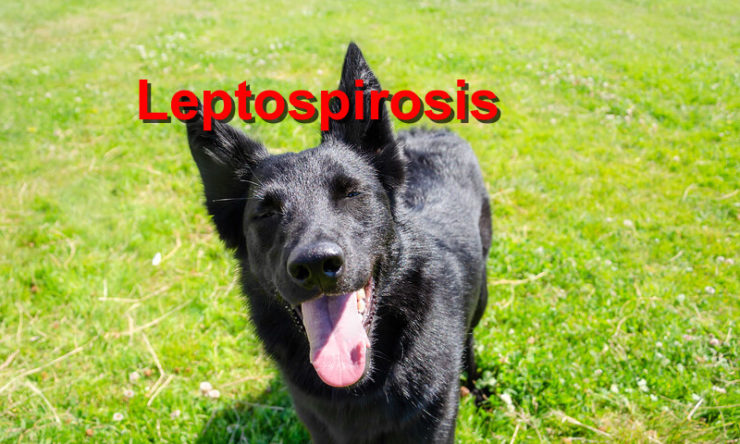How to Deal With Leptospirosis
Leptospirosis is an illness that is caused by the Leptospira bacteria. This toxic bacteria is found in water and soil. The bacteria has multiple strains that often cause the onset of diseases. Leptospirosis is zoonotic and that means it can easily spread from pets to humans. People who are infected usually exhibit flu-like symptoms that may lead to kidney or liver disease.
Common leptospirosis risk factors
Our furry friends are often at high risk of getting infected by the disease. The disease is rare in cats and its not known if the disease affects other animal species. Some of the risk factors that lead to leptospirosis in dogs include drinking from streams, lakes or rivers; roaming on properties that have been exposed to infected wildlife, water sources, or farm animals.
Dogs that are infected by this disease develop a wound, scrap or cut on their skin when they come into direct contact with urine-contaminated water, soil, infected urine, bedding or food. They can also get infected when they are bit by an infected animal, or by eating sickly carcasses or tissues. While rare, the disease can be passed to puppies during birth.
Symptoms of leptospirosis
Dogs usually have varying leptospirosis symptoms. However, some infected dogs might not show any symptoms of illness, while others show a transient and mild illness, and can recover fast. Others can develop severe illness that leads to death.
Some of the common symptoms of leptospirosis might include jaundice, lethargy, inflammation of the eyes, diarrhea, vomiting, dehydration, increased thirst, reluctance to walk, muscle tenderness, shivering and fewer. The disease often leads to kidney failure if left untreated.
In addition to causing breathing difficulty, the disease can also induce blood-tinged saliva, stool, urine or vomit. It can also lead to nosebleed and gum disease, as well as swollen legs when fluid accumulates in the abdomen or chest.
Prevention and treatment
The disease is regularly treated by use of antibiotics and proper supportive care. If treated early after detection, there are better chances of recovery but there might still be a risk of liver or kidney damage. Current vaccines that effectively delay the onset of leptospirosis can protect your dog for at least one year. However, dogs that are high risk should receive annual vaccination.
Conclusion
If you suspect your dog is infected by this disease, it is advisable to consult the vet immediately to administer the proper antibiotics medication.
References: AVMA, cdc.gov, cdc.gov
Copyright: Local Value


